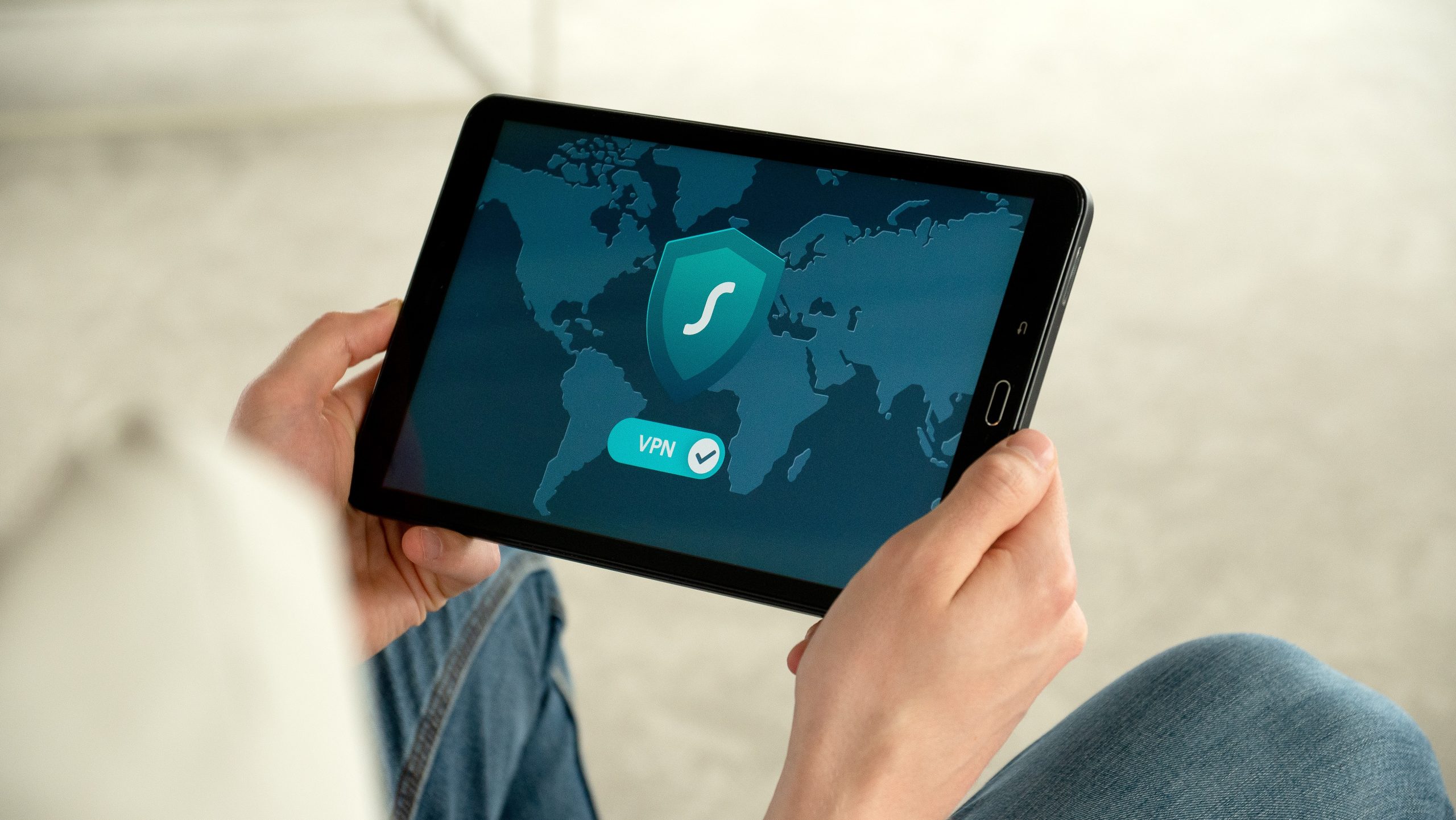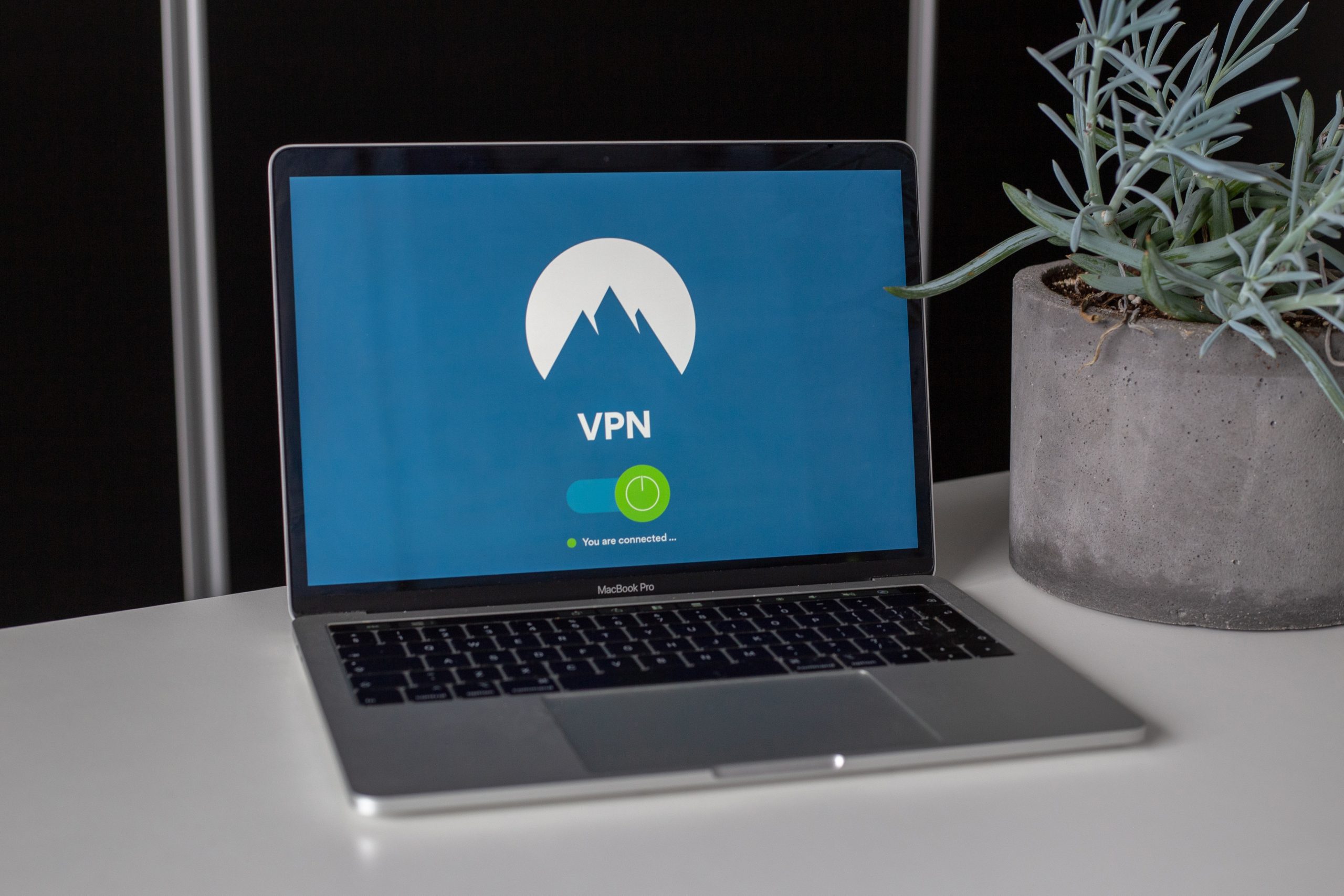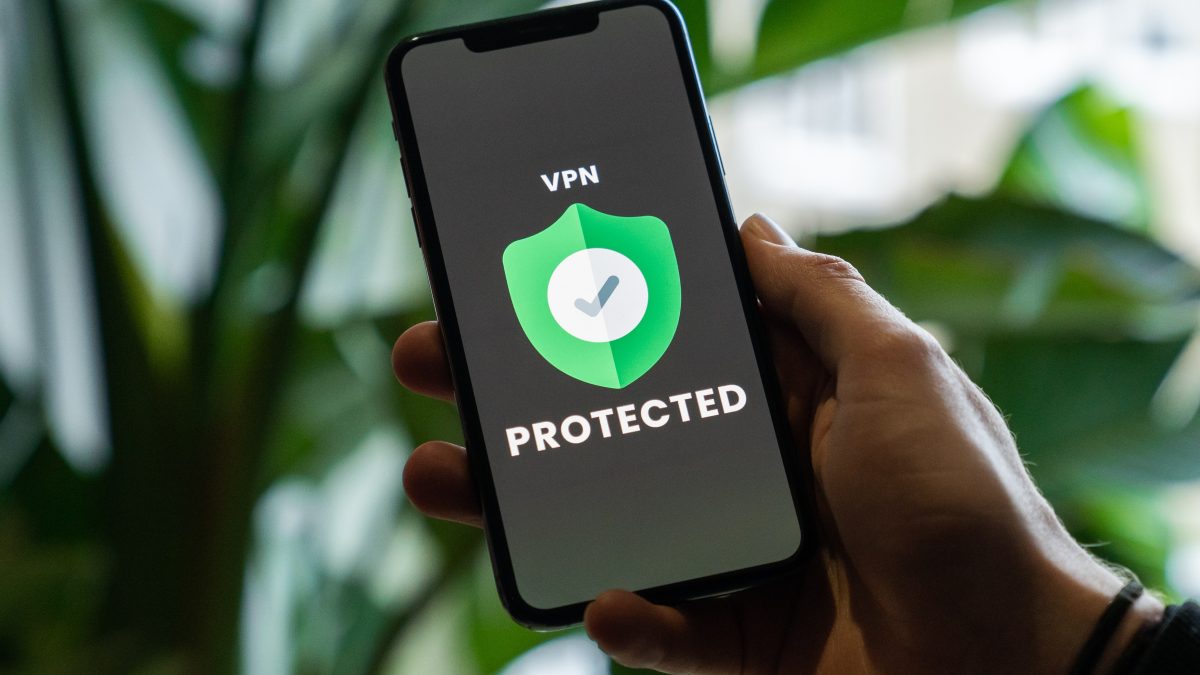In today’s digital age, where cyber threats loom large and privacy concerns continue to rise, Virtual Private Networks (VPNs) have emerged as a popular tool for safeguarding online security. VPNs are often praised for their ability to encrypt internet traffic and protect user data from prying eyes. However, amidst the growing need for comprehensive protection, many wonder if these powerful tools can also shield us from the ever-present menace of computer viruses. In this article, we will delve into the question: Does VPN really protect you from viruses? We will explore the relationship between VPNs and malware, shedding light on their potential benefits as well as limitations in guarding against these insidious digital infections.
What is a VPN and its purpose
A VPN, or Virtual Private Network, is a technology that creates a secure and encrypted connection between your device and the internet. It essentially acts as a tunnel that protects your data from being intercepted by hackers or other malicious actors. The primary purpose of using a VPN is to enhance online privacy and security.
However, it’s important to note that while a VPN can provide additional security measures, it does not directly protect you from viruses. A VPN encrypts your network traffic and hides your IP address, making it difficult for cybercriminals to track your online activities or steal sensitive information. This can prevent attacks such as man-in-the-middle attacks or eavesdropping on public Wi-Fi networks. However, the responsibility of protecting your device from viruses still lies with having updated antivirus software and practicing safe browsing habits.

How viruses spread through the internet
A common concern among internet users is whether a Virtual Private Network (VPN) can protect them from viruses. While a VPN primarily focuses on securing your online privacy and encrypting your internet connection, it does not provide direct protection against viruses spreading through the internet. Viruses typically spread through various means, such as malicious email attachments, infected websites, or downloadable files. A VPN may safeguard your data transmission and prevent hackers from intercepting your information while browsing, but it cannot defend against downloading or executing malware-infected files.
It’s important to note that although a VPN alone cannot protect you from viruses, it can indirectly contribute to enhancing your overall security online. By masking your IP address and providing an encrypted tunnel for your internet traffic, a VPN reduces the chances of attackers targeting you directly. Additionally, some premium VPNs offer additional features like malware blocking or ad-blocking functionalities that can help mitigate potential risks associated with virus-laden websites or advertisements.
In conclusion, while a VPN offers significant benefits in terms of privacy and security, it should not be solely relied upon for virus protection. Employing other cybersecurity measures such as using reputable antivirus software and practicing safe browsing habits are crucial to ensure comprehensive protection against viruses spreading through the internet.
How a VPN works to protect your data
While a VPN is an essential tool for safeguarding your data and privacy online, it should not be considered as a protection against viruses. A virtual private network (VPN) functions by creating an encrypted tunnel between your device and the internet, ensuring that all your data traffic is securely routed through this tunnel. By doing so, a VPN prevents anyone from intercepting or monitoring your online activities, making it incredibly difficult for hackers or third-party entities to access your sensitive information.
However, it’s important to note that while a VPN can secure your data during transmission and protect you from potential cyber threats such as man-in-the-middle attacks or eavesdropping, it does not provide comprehensive virus protection. Viruses typically infect devices through malicious software or files downloaded from untrusted sources. While some VPN providers may offer additional features like malware scanning or ad-blocking services that could help protect against certain types of viruses, their primary purpose is still focused on encrypting and securing internet traffic rather than detecting and eliminating viruses.
To ensure complete protection against viruses, it is recommended to have reliable antivirus software installed on your device in addition to using a VPN. Antivirus programs are specifically designed to detect and eliminate various types of malware, including viruses. Therefore, combining the use of both a VPN and antivirus software will provide you with comprehensive protection for your data and overall online security.

Limitations of VPNs in virus protection
While Virtual Private Networks (VPNs) offer various advantages, it is important to understand their limitations when it comes to virus protection. Firstly, a VPN primarily focuses on encrypting your internet connection and providing anonymity by hiding your IP address. It ensures that your online activities remain private and secure from eavesdroppers or data breaches. However, unlike antivirus software, VPNs do not directly protect your devices from viruses or malware. They cannot scan files or websites for potential threats nor detect and remove malicious software.
Moreover, a VPN does not provide complete protection against phishing attacks or other forms of social engineering techniques employed by cybercriminals. Even if you are connected to a VPN, you may still fall victim to downloading an infected file or clicking on a malicious link sent through email or instant messaging platforms. Additionally, while some advanced VPN services offer additional security features such as ad-blocking and malware scanning at the network level, these capabilities are typically limited compared to dedicated antivirus software.
Therefore, relying solely on a VPN for virus protection is insufficient in maintaining comprehensive cybersecurity hygiene. It is crucial to complement the use of a VPN with robust antivirus software that can actively detect and eliminate viruses and other malware threats from your devices before they cause harm. Vigilance regarding suspicious emails, downloads from untrusted sources, and practicing safe browsing habits remains essential in ensuring overall online security alongside using a VPN for privacy purposes.
Additional steps to take for virus protection
While a Virtual Private Network (VPN) can enhance your online security and privacy, it is important to note that it may not directly protect you from viruses. A VPN primarily encrypts your internet traffic and hides your IP address, making it more difficult for hackers or snoopers to intercept your data. However, viruses are typically spread through malicious websites, email attachments, or infected files, which a VPN doesn’t directly guard against.
To bolster your virus protection measures, consider implementing additional steps alongside using a VPN. Firstly, make sure to keep all your software up-to-date. This includes not just antivirus programs but also operating systems and applications on all devices. Regularly installing updates ensures that any identified vulnerabilities are patched promptly.
Furthermore, invest in robust antivirus software with real-time scanning capabilities. It will provide an active defense against various types of malware by continuously monitoring the system for suspicious activities or files. Additionally, exercising caution while browsing the internet and avoiding unknown or potentially unsafe websites can significantly reduce the risk of encountering viruses online. Remember to refrain from downloading files from unverified sources and be mindful of phishing attempts that may trick you into clicking on harmful links or providing sensitive information.
In conclusion, although a VPN offers valuable security features in terms of encryption and anonymity online, it should be complemented with other proactive measures like keeping software updated and employing reliable antivirus software for comprehensive virus protection.

Conclusion: Importance of a multi-layered approach
In conclusion, a multi-layered approach is of utmost importance when it comes to protecting yourself from viruses and other online threats. While VPNs can provide an additional layer of security by encrypting your internet connection and hiding your IP address, they alone cannot guarantee complete protection against viruses. It is crucial to understand that VPNs primarily focus on securing your privacy and anonymity online rather than specifically safeguarding against malware.
To enhance your overall online security, it is essential to combine the use of a VPN with other cybersecurity measures. This includes having reliable antivirus software installed on all your devices, regularly updating operating systems and applications, being cautious while clicking on suspicious links or downloading files, and practicing safe browsing habits. Additionally, adopting strong passwords and enabling two-factor authentication wherever possible can significantly fortify your defenses against potential virus infections.
Ultimately, embracing a multi-layered approach will create multiple barriers for cybercriminals to overcome before they can successfully breach your system or infect it with harmful viruses. By implementing a combination of security measures such as using a reputable VPN alongside antivirus software and practicing safe online behavior, you can greatly minimize the risk of falling victim to malware attacks while enjoying increased privacy during internet usage.
Matej Milohnoja
Related posts
New Articles
Top 4 Cart Personalization Tools That Recommend Products At The Point Of Checkout
Shopping carts used to be boring. A product. A price. A checkout button. Done. But today, the cart is prime…


